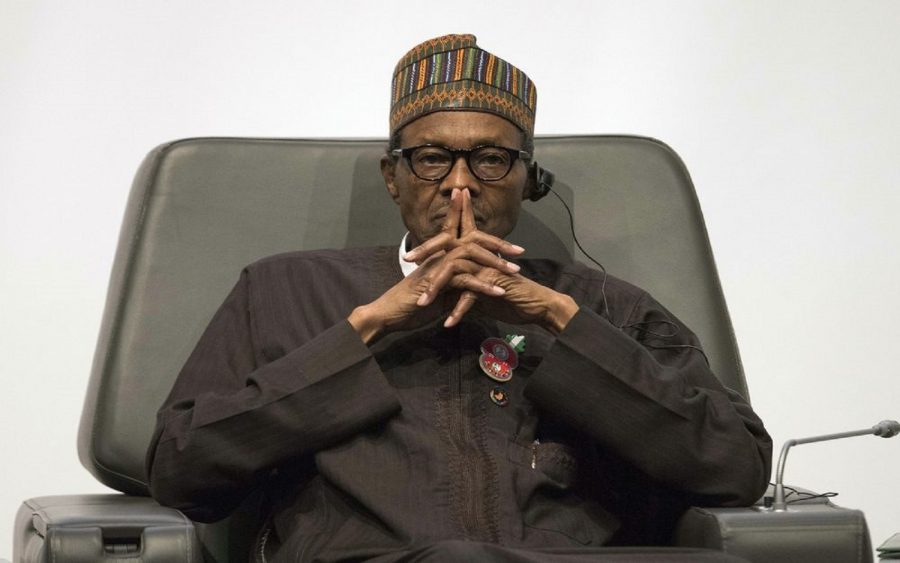On Wednesday, the NBS reported that Nigeria’s unemployment rate rose to 23.1% in Q3 2018 compared to 18.8% in Q3 2017. And then later that day, President Muhammadu Buhari claimed the data shows his administration is making economic progress.
The President made this claim in Abuja during a special dinner that was put together by beneficiaries of his Government’s Anchor Borrowers Scheme.
As if confusing scientific data wasn’t enough, President Buhari also took a slight jab at his predecessor Mr Goodluck Jonathan; as always talking about how he inherited an under-performing agriculture sector back in 2015. But even though this may be true, the fact remains that overall unemployment rate in 2015 was far lower compared to what currently obtains.
Disputing the data
The President Buhari-led Government have been trying hard to discredit the unemployment report which, in all honesty, is unimpressive. Just yesterday, Nigeria’s Minister of Information, Mr Lai Mohammed, said that the report was false; a claim that was reiterated by President Buhari’s media aid, Mallam Garba Shehu.
Mallam Shehu even claimed that Nigeria’s Statistician General and CEO of the Nigerian Bureau of Statistics, Mr Yemi Kale, had admitted that his agency’s latest report focused on white collar jobs and did not cover the agriculture sector.
But according to the Punch Newspaper, Mr Kale said he never made such an admission.
So much talk about rice production and little result
The Government has made so much claim in the past about the supposed success of its agricultural policies, particularly the Anchor Borrowers Scheme which it says “had created 12 million new jobs” and helped to increase rice production in the country and consequently led to a decline in rice importation.
But while this has always been a nice political statement, available information shows that it is, indeed, false. According to the United States Department of Agriculture World Markets and Trade, Nigeria has imported a total of three million metric tonnes of rice this year. The US report even showed that Nigeria’s rice production declined in 2018 compared to what obtained in 2015.
As expected, the Presidency refuted this as well. But that doesn’t even matter because the truth remains that the level of unemployment, poverty/suffering in Nigeria can easily be seen in the streets of Lagos and elsewhere.
Therefore, instead of disputing what really is a serious crisis, President Buhari and his team should use the remaining months of his first term in office to come up with viable policies that can ameliorate the suffering in the land.
